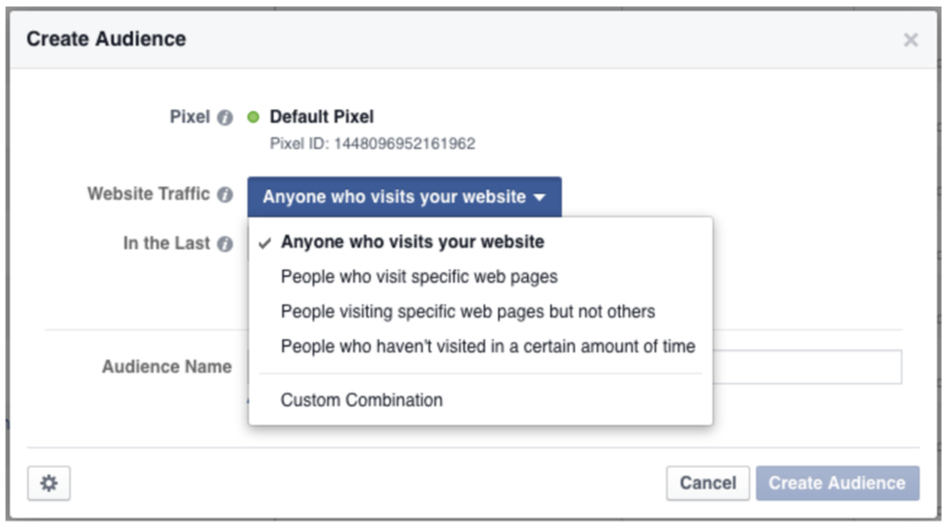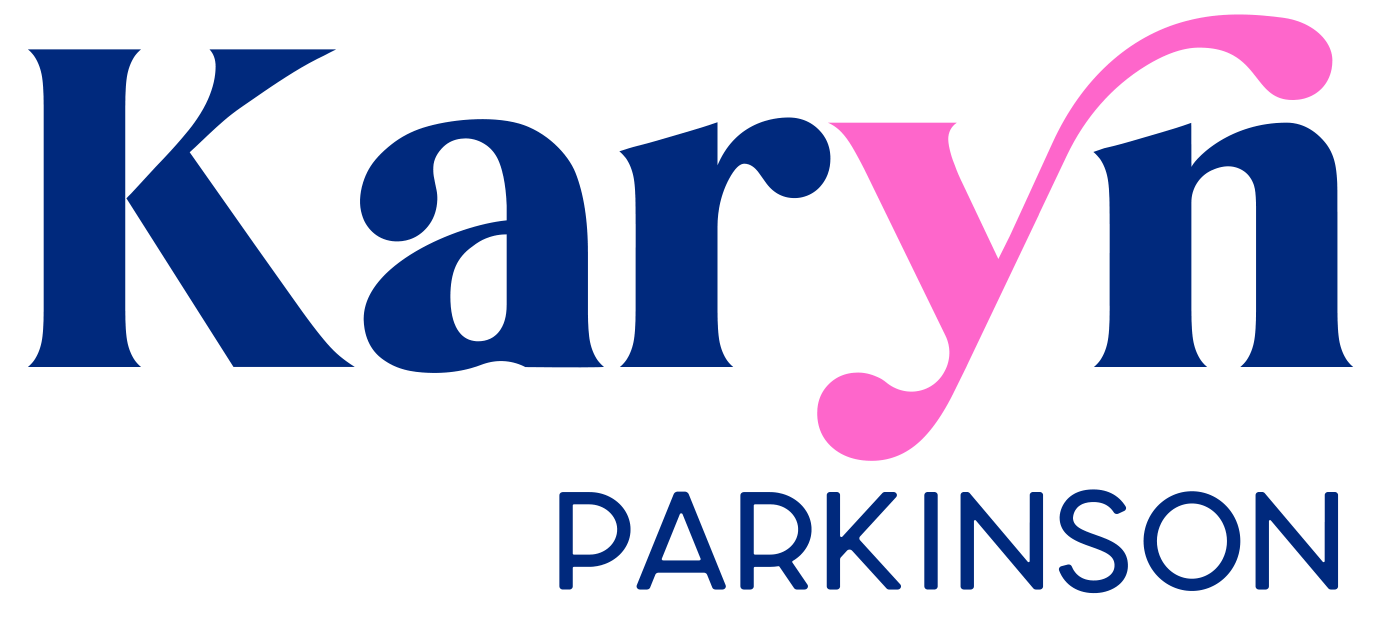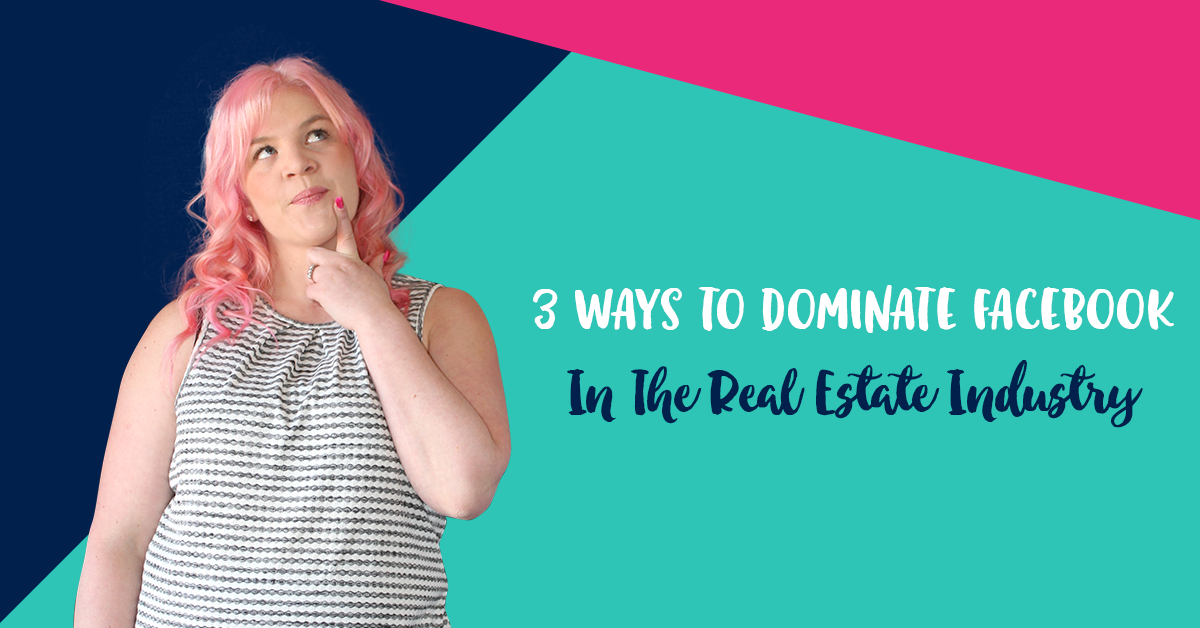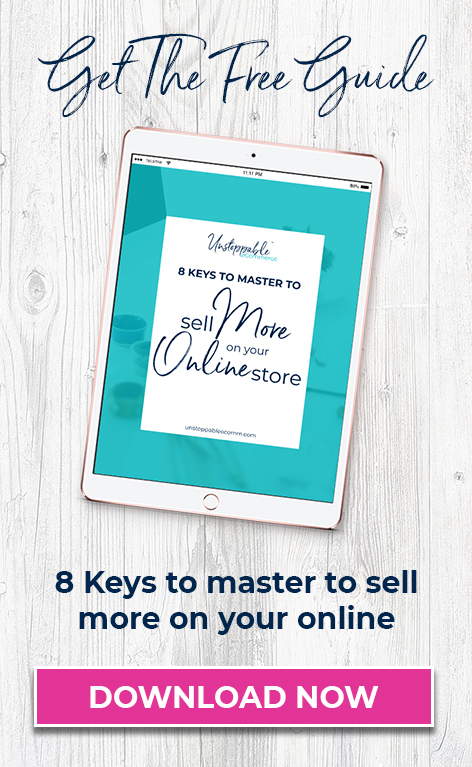If you’re in the real estate industry you’ll know that it’s a competitive market. Sometimes it seems like there are more real estate agents than there are houses for sale, so it is important to stand out from the crowd. Although I’m not in the market for a new house at the moment we still browse realestate.com on a near daily basis. My fiancé likes to find houses he thinks I would like and message them to me through the day. I’m not sure if he’s teasing me or if it’s just so we can dream! One day though he’s going to send me a link to one I just can’t refuse. Browsing online is something most Australians do on a daily basis, whether it’s at work, on their commute, at home in front of the telly or dare I say it on the loo – my fiancé, not me! Your job is to get your message (the house you have for sale, or rent) in front of the right people. There are several ways you can run an effective marketing campaign on Facebook. Below are three strategies you can implement into your real estate business today.
Target the right audience
The amazing power that Facebook gives us as marketers is to put information in front of people who will actually want to see it. From the data it collects from users it can tell which Facebook users are interested in real estate. They may have been searching websites such as realestate.com.au, liked Facebook pages related to real estate or posted about buying or selling a house. All these indicators tag them as a user with an interest which can including:
- Buying a House
- Buying and Selling Real Estate
- Selling Homes
- Selling Houses
- Real Estate Investing
- Real Estate
You can then select an audience to advertise to by narrowing down the geographical location of users, age, gender and the above interests. Imagine the group of people you can target. You can then further refine your audience based on demographics such as the current value of their property, their estimated income bracket and their current ownership:
- Home Value (dollar brackets)
- Home Ownership >Mortgaged
- Home Ownership > Renters
- Income (dollar brackets)
 You can then use these demographics to either include or exclude people from the audience you wish to target.
You can then use these demographics to either include or exclude people from the audience you wish to target.
Re-target warm audiences
If you promote houses for sale on your own website (rather than just third party sites like realestate.com) then you can utilise the power of retargeting. Retargeting relates to showing a message to someone who has already shown an interest, in this case by visiting your website. We have all been to a website and looked at items, maybe even placed them in our shopping cart but then got distracted (or got back to work) and didn’t check out. Later on when you were scrolling through your Facebook newsfeed you’ve seen an ad for what it was you were shopping for – spooky hey? This is retargeting. It’s showing your product to a warm audience. They already know who you are and perhaps already have an interest in a house you have for sale. using Facebook’s Custom Audiences tool you can use Facebook to target an advertisement to people who have been to any page on your website or a specific listing. You can decide how recently they have visited this site or page and what actions they may have taken while there – did they go to the contact page, did they view several houses or just one.  Based on the information you can then target a message specific to them. Put yourself in their shoes for a moment, you have your eye on your dream house and you’re tossing and turning about whether to contact the agent, then like magic you see an ad for YOUR FUTURE HOME on Facebook. That sign is enough for you to pick up the phone and book an inspection. Of course, this message is only relevant to the person who has already been looking at this property on your website. Tell someone who’s never even seen it before and you may loose all respect if it’s not their style at all. Retargeting can be a powerful tool when used correctly.
Based on the information you can then target a message specific to them. Put yourself in their shoes for a moment, you have your eye on your dream house and you’re tossing and turning about whether to contact the agent, then like magic you see an ad for YOUR FUTURE HOME on Facebook. That sign is enough for you to pick up the phone and book an inspection. Of course, this message is only relevant to the person who has already been looking at this property on your website. Tell someone who’s never even seen it before and you may loose all respect if it’s not their style at all. Retargeting can be a powerful tool when used correctly. 
Stay front of mind
As a Real Estate Agent you know that people buy and sell property throughout their lives but it’s not a once a month thing. This makes your job a lot harder having to stay front of mind and relevant for when your client next upgrades their home or buys their first investment property. The happy anniversary pen in the mail may not cut it if the person hasn’t thought about you for the 12 months in between. By having an active Facebook page with relevant information you can stay useful to a client in between their property buying or selling stages. You can be the name on their lips when their friend is looking for an agent. With this in mind, your Facebook page needs to be relevant to the person looking to buy now and the person who has already bought from you. So how do you keep people engaged after the sale? You need to think outside the box a little. Posting your latest listings and that photo of the person with the sold sticker is great but it will get boring very quickly for those not looking to buy. You will also get very little engagement on those types of posts without some clever calls to action. This would be a good time to tell you that your Facebook page gets an average reach of 2%. That means that 2% of your fans will see what you post without any engagement. In order to increase the 2% you need engagement and lots of it. Engagement on Facebook put simply is likes, comments, shares and clicks (this can be clicks on photos or on a link). The more engagement a post gets the more people will see it. For this reason, it is important to post a mix of posts that will engage your readers and make them want to comment and share your posts. Some quick ideas:
- Current listings
- Open homes
- Real Estate industry news
- Local events in your community
- Topical events such as AFL grand final, The Super Bowl
- Community news such as bushfires
- Home inspiration
- DIY renovation tips
- Interior design articles
The idea is to be part of the local community and keep people engaged. The next step is to have a voice, have an opinion and not be stale. This is an example of a stale post from a local Real Estate agent: They have shared a link from realestate.com.au which is great, unfortunately, that’s all they did. If they gave an explanation to what the article is about, how it relates to them or why they should read it or their opinion on the article it would show personality and help them to engage with the post.
They have shared a link from realestate.com.au which is great, unfortunately, that’s all they did. If they gave an explanation to what the article is about, how it relates to them or why they should read it or their opinion on the article it would show personality and help them to engage with the post.
See the image below for how it could have been posted – spot the difference? It’s the same article but I could guarantee you more people would click through if they saw the post below. By tagging the realestate.com.au Facebook page they would likely see it and give it a like for sharing their site. By highlighting number 5 it shows that you have actually read the posts and creates curiosity – people will click through just to find out what number 5 was. So what’s the benefit of more people clicking the article when it’s not even your website? Good Question! When someone clicks on an outbound link via your Facebook page Facebook times how long they are away from Facebook for. If they are gone a few seconds and then back the article obviously wasn’t relevant to them and they won’t bother showing your post to more people. On the flip side, if people are clicking the article and staying for a few minutes (actually reading it) it shows Facebook this content was valuable to your audience and will show it to more of them. In turn more people are seeing your business name pop up and your next post will get a better chance in the newsfeed as well. I could go on and on but don’t want to make this post a mammoth read so I’ll leave it there. To summarise your Real Estate Agency should:
- Have a Facebook page!
- Post daily (1-2 posts at least)
- Post a mix of posts that educate, inspire and entertain your audience and keep them engaging with your page.
- Leverage the power of Facebook advertising to target your audience.
If this all sounds great but you don’t have the time or the staff to do it, let’s talk.
Bonus Tip
If you really want to go above and beyond and dominate in the industry instead of linking to great content on other people’s websites write your own and have it on your own website that way not only are you always linking to your own site, where your listings are it will be great for your SEO (Search Engine Optimisation) too!




